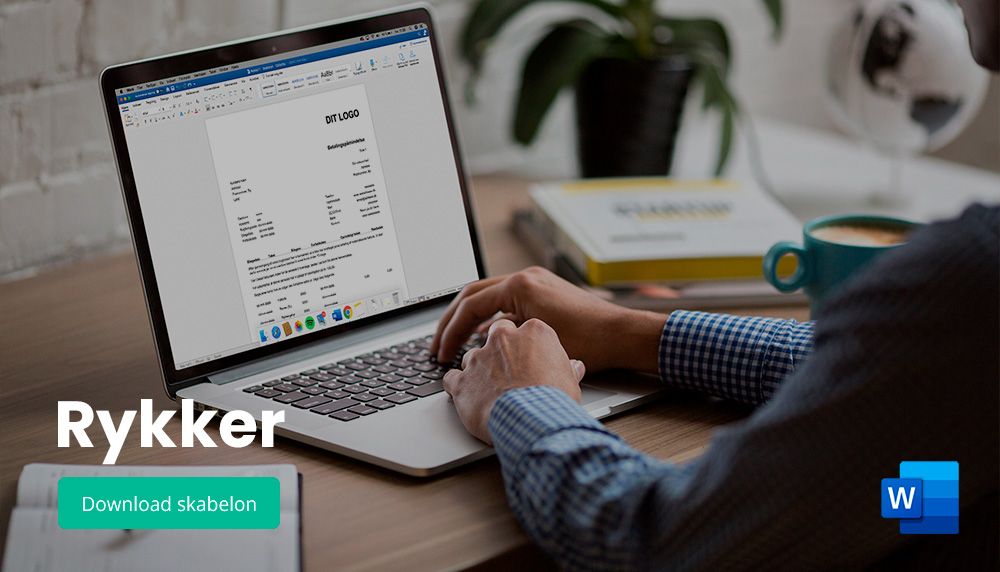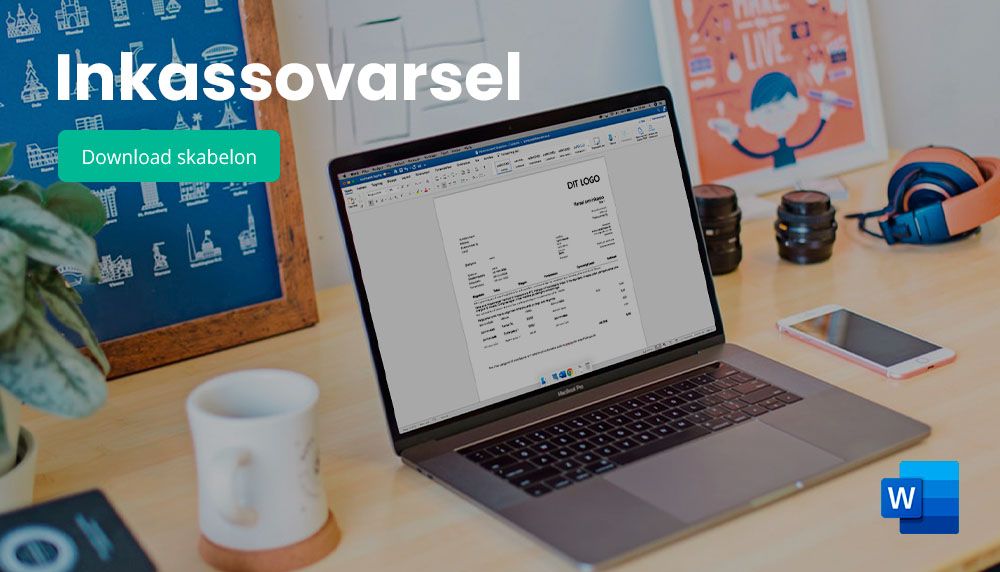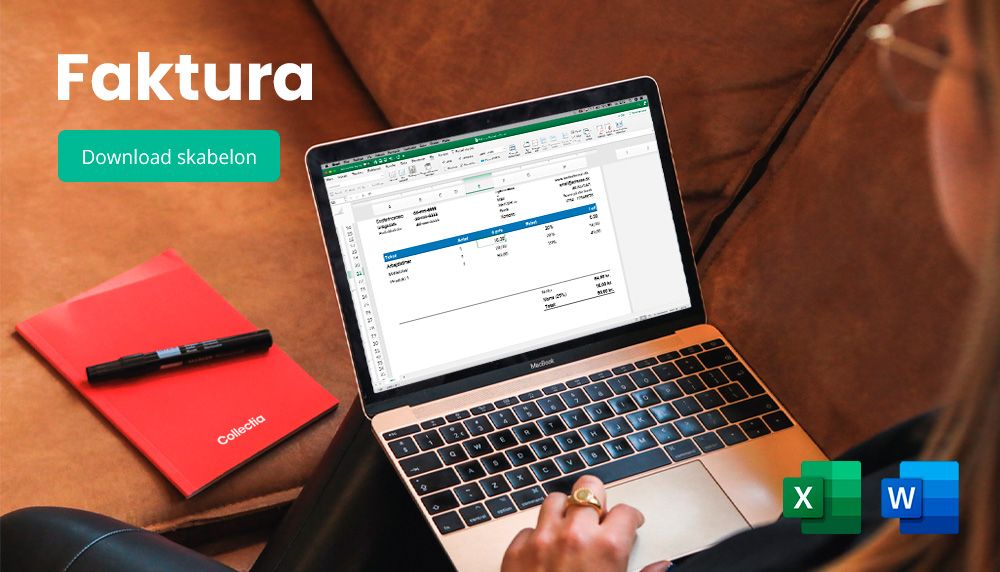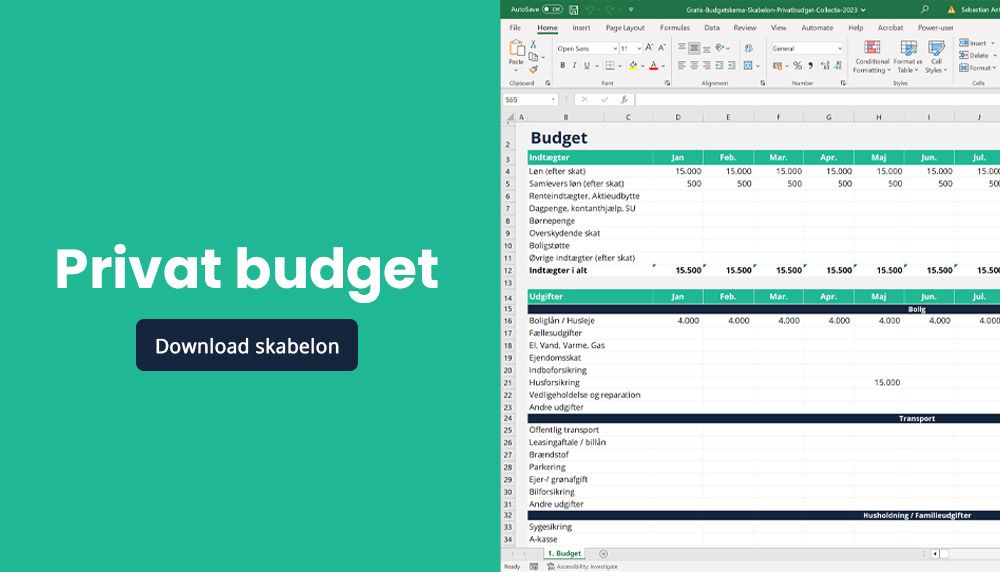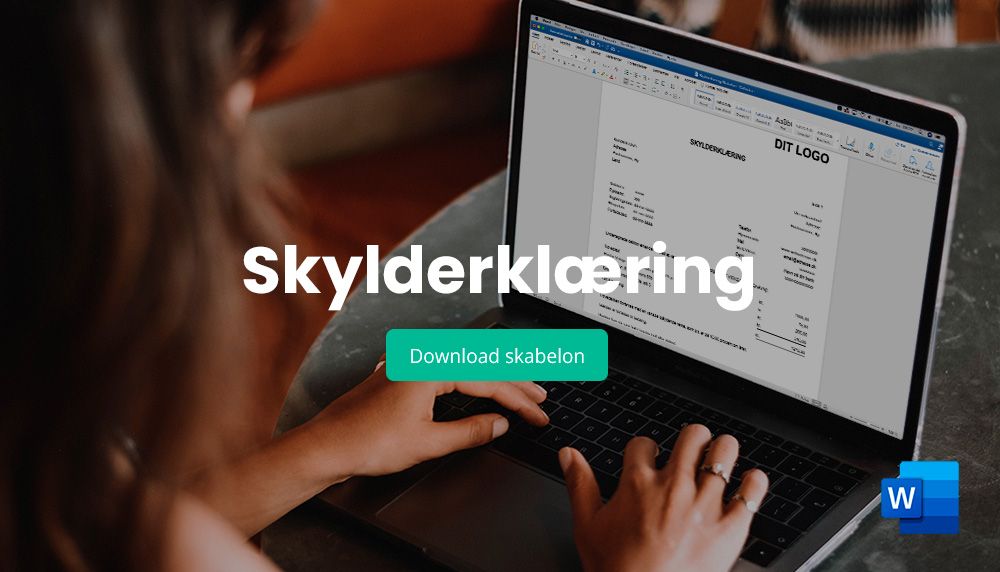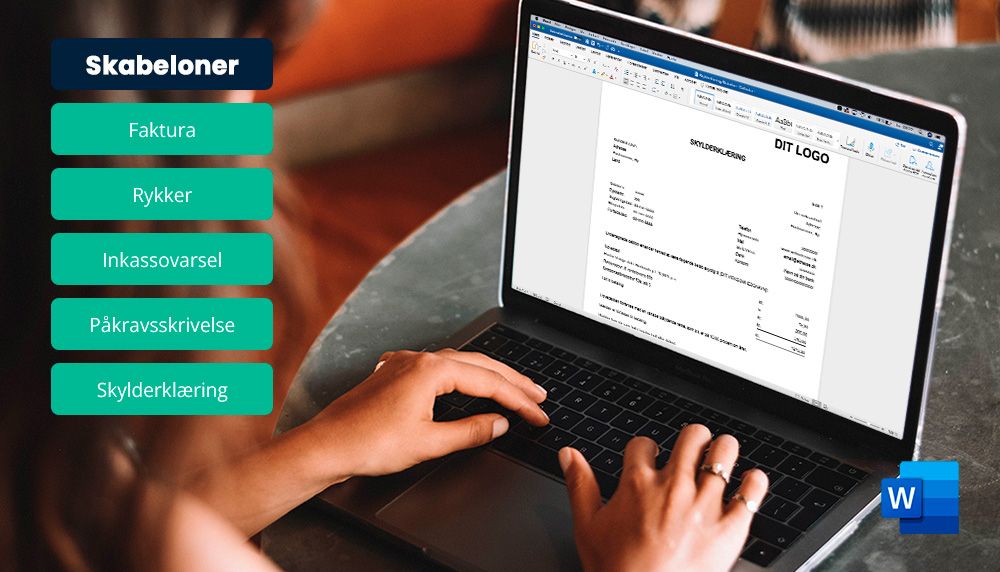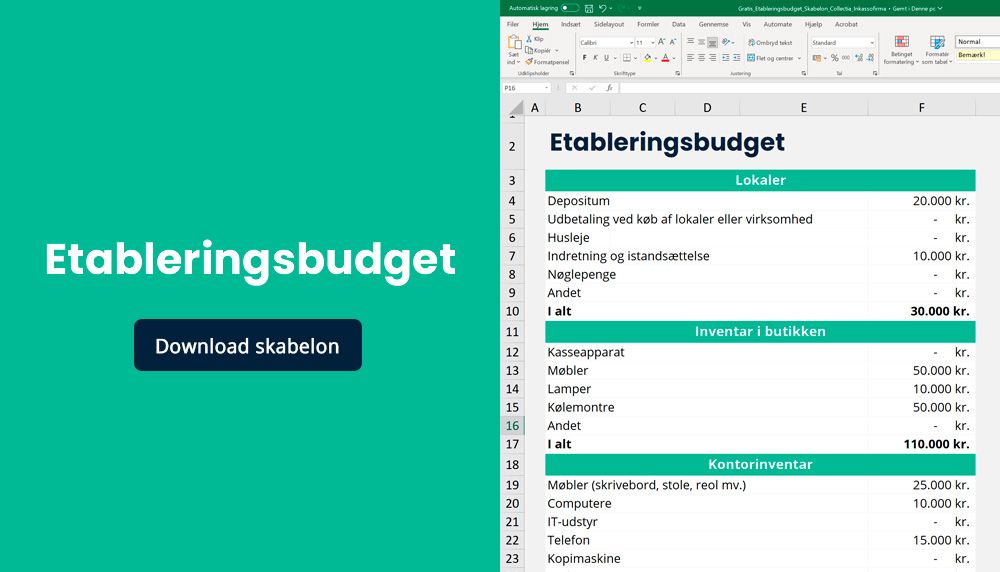
Is an offer an agreement?
An agreement, a firm offer, an offer, an estimate, an estimate, an estimate, an estimate, my best guess off the top of my head.....
It's a catch-all term, but essentially it's about matching expectations when a supplier makes an 'offer' to a customer.
Disagreements about the size of a claim are often rooted in broken assumptions and unclear expectations from the time of quotation to completion/delivery. It almost never happens that an invoice smaller than the amount quoted ends up in court, so we can safely assume that the disagreement is always based on the customer receiving a larger invoice than expected.
And the key word is "expected": as a supplier, you should be aware of the expectations you set both at the time of the offer and during the completion/delivery process. Is your offer a firm offer, an estimate or an estimate? Is it clear enough? Do you clearly reserve your offer at the time of quoting if there is anything you are unsure about that could affect the final price you end up invoicing? Do you make it clear enough to the customer that, for a variety of reasons, the invoice may end up for a different (and higher) amount than you estimate? Put on your customer glasses: If you read your offer, would you feel that you would end up with an invoice for exactly the amount you are offering? Or do you need to allow for a "what if..." because your experience tells you that it could happen?
If you are satisfied with your offer, you need to be aware if something happens after the offer phase that makes your offer more expensive. It's so important to be razor-sharp and let the customer know about it right away, and preferably get the customer's written acceptance of the increase so that it's naturally included in the final invoice.
A good example of the latter is a ruling from the Western High Court in February in a case concerning the assessment of the size of the market rent for a commercial lease. The valuer, a real estate agent, had estimated his fee to be DKK 44,625. When the valuation statement was submitted, he proposed a fee of DKK 72,034.70, which the client was not satisfied with, so the case ended up in Kolding City Court. In November 2018, the District Court set the fee at DKK 60,000 plus DKK 677.76 in travel expenses, but now it was the appraiser who was dissatisfied. He believed he was entitled to his full fee, appealed the decision and claimed to be awarded the proposed fee at the High Court.
And he was right: The appraiser's fee was increased by the High Court to DKK 72,034.70 with the following reasoning: "According to the information in the writ of reference from [the appraiser] in conjunction with the information in e-mails from him of April 25, 2018 and May 23, 2018, it can be assumed that the appraiser has had to spend a significant number of hours to determine the extent of the lease, which he was to assess. The High Court finds that there is no basis for setting aside the valuer's calculation of the additional hours spent. As it cannot be blamed on the valuer that he underestimated the number of hours spent in the estimate, and as there are no comments on the required hourly rate, which is inclusive of VAT, the High Court then allows the valuer's request for an award of additional fees."
Note that "the assessor had estimated" and he "underestimated the number of hours spent in the estimate", together with two e-mails provided with information on "a significant number of hours", which together convince the High Court that the assessor is entitled to his full payment, as he has not submitted a firm offer, has obtained acceptance of his hourly rate and has twice informed his client that he has spent a significant number of hours.
Collectia's law partner, lawyer (H) Karsten N. Müller, adds:
"Unfortunately, we often find that clients who have done a good and solid job have great challenges in obtaining a judgment for a disputed claim for extra work. And even in the best case scenario, the client is faced with significant legal costs. It's easy to forget to confirm extra work agreements in writing when the work is well underway and everyone is on good terms. Later, it turns out that the client "can't remember" all the verbal agreements or that the client "didn't realize" that it might end up being more expensive than originally agreed. In these situations, an email with a brief confirmation of the extra work agreements would work wonders - just as the assessor had done in this case. Especially if you remember to write that this is in addition to the original quote or an agreement on the total price."
